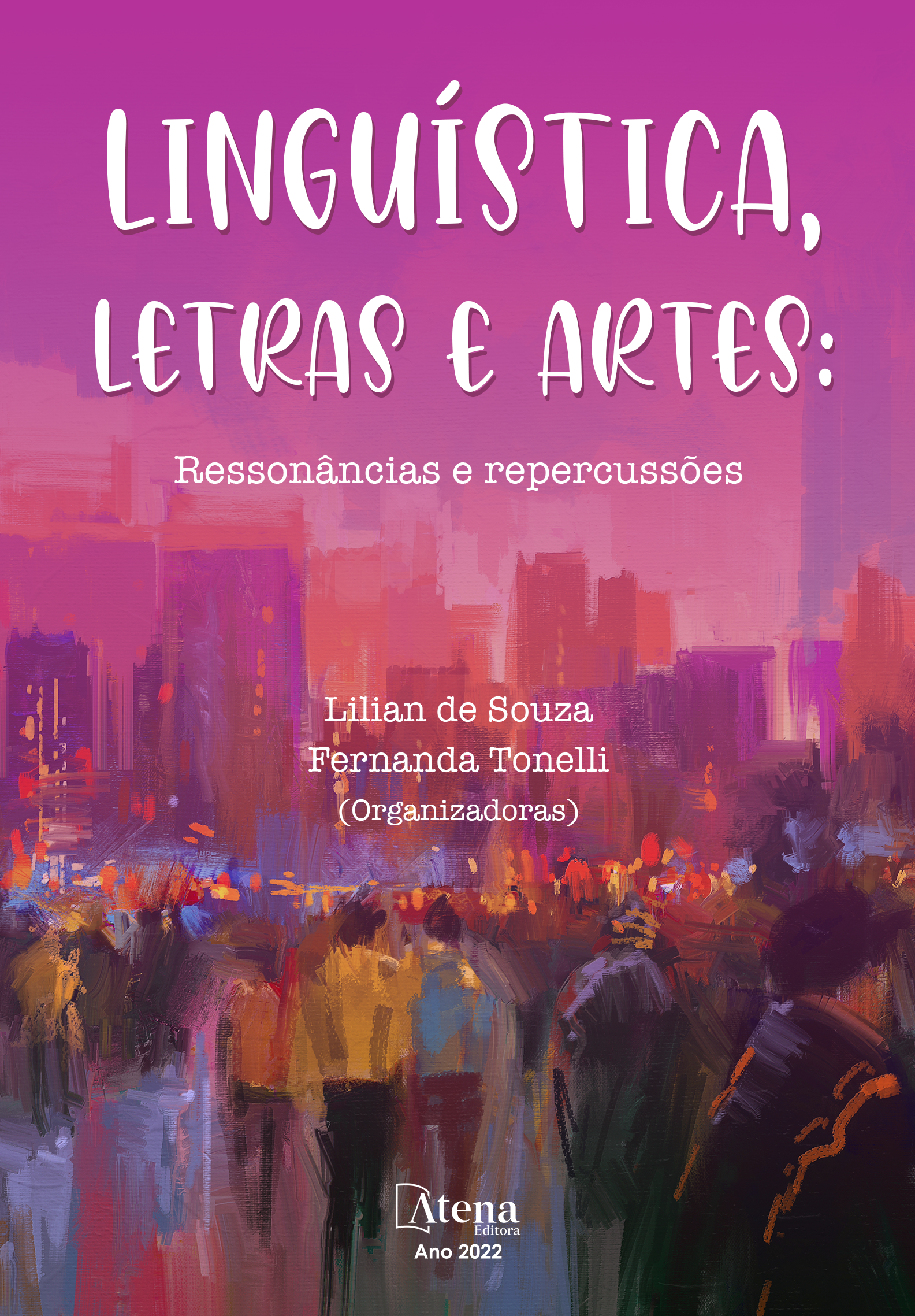
CONHECENDO A NEUROCIÊNCIA COGNITIVA E COMPORTAMENTAL E SUAS INFLUÊNCIAS NA EDUCAÇÃO, DESTACANDO OS PROVÁVEIS TRANSTORNOS DE APRENDIZAGEM
Para entendermos melhor o desenvolvimento humano, desde sua concepção até a fase adulta, deve-se conhecer a Neurociência. Uma ciência nova que trata do desenvolvimento químico, estrutural, funcional e patológico do sistema nervoso. Segundo Relvas: “O cérebro é o instrumento da Aprendizagem”(2015, página 34). Sendo assim há uma grande preocupação e curiosidade em estudar as estruturas e funcionamento cerebral. Para um aprendizado ser efetivo o desafio perpassa o intelecto do aprendiz. Muitas questões são levadas em consideração e todas possuem seu grau de relevância. O ambiente onde a criança vive, seu relacionamento interpessoal e intrapessoal, fazem parte dessa esfera que chamamos de aprendizagem emocional e significativa. Portanto o seguinte trabalho tratará da parte Cognitiva e Comportamental. Sabe-se que nem sempre as coisas acontecem como o desejado. No processo ensino-aprendizagem também temos as “surpresas”. Às vezes no decorrer do processo ocorre um acidente ou uma má formação, causando alguns transtornos que podem ser manifestados na fala, escrita, na coordenação motora ou no aprendizado, levando a vários e sérios tratamentos. Como todo ser humano é diferente, consequentemente seu aprendizado também o será. Gardner (1983) já descrevia as sete dimensões da inteligência, ressaltando, portanto, as tendências individuais. Aprender é adquirir novos conhecimentos. Neste processo, a habilidade cognitiva e comportamental depende da capacidade cerebral. O objetivo deste trabalho é conhecer e observar as contribuições da Neurociência no aprendizado e comportamento do aluno/aprendiz.
CONHECENDO A NEUROCIÊNCIA COGNITIVA E COMPORTAMENTAL E SUAS INFLUÊNCIAS NA EDUCAÇÃO, DESTACANDO OS PROVÁVEIS TRANSTORNOS DE APRENDIZAGEM
-
DOI: 10.22533/at.ed.5722217057
-
Palavras-chave: Cognição. Neurociência. Transtornos. Aprendizagem Significativa.
-
Keywords: cognition. Neuroscience. disorders. Meaningful Learning.
-
Abstract:
To better understand human development, from conception to adulthood, one must know Neuroscience. A new science dealing with the chemical, structural, functional and pathological development of the nervous system. According to Relvas: “The brain is the instrument of Learning” (2015, page 34). Therefore, there is a great concern and curiosity in studying brain structures and functioning. For learning to be effective, the challenge passes through the learner's intellect. Many issues are taken into consideration and all have their degree of relevance. The environment where the child lives, their interpersonal and intrapersonal relationships, are part of this sphere that we call emotional and meaningful learning. Therefore, the following work will deal with the Cognitive and Behavioral part. It is known that things do not always go as planned. In the teaching-learning process we also have “surprises”. Sometimes in the course of the process, an accident or malformation occurs, causing some disorders that can be manifested in speech, writing, motor coordination or learning, leading to several serious treatments. As every human being is different, consequently your learning will be too. Gardner (1983) already described the seven dimensions of intelligence, thus emphasizing individual tendencies. Learning is acquiring new knowledge. In this process, cognitive and behavioral ability depends on brain capacity. The objective of this work is to know and observe the contributions of Neuroscience in the learning and behavior of the student/apprentice.
-
Número de páginas: 8
- Ingrid Raposo Ramos
- Marilei Arruda da Rocha Caballero


